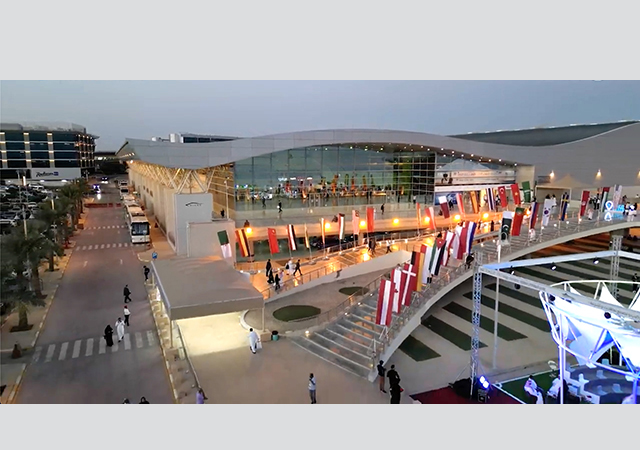
 Jordan
Jordan
Recoverability of legal and expert witness costs is one of the main factors for parties to consider when they come to formulate their contractual dispute resolution provisions. And this factor is magnified in construction disputes which tend to be heavy on legal and technical input, and which are predominantly resolved in arbitration.
So it caused concern (at least for a while) when costs recoverability was called into question by the Dubai Court of Cassation, the emirate’s highest court. Its ruling in Case No.821/2023 concerned an arbitration conducted under the ICC Rules of Arbitration, in which the arbitrators’ award had included the successful party’s legal and other related costs of the arbitration. The other party had disputed the arbitrators’ power to make such a costs order and it sought annulment of the award on the basis (among other grounds) that the arbitrators had exceeded their powers. So the matter came to the Dubai courts.
The issue centred specifically on party-incurred costs (including lawyers’ and expert witnesses’ fees) as opposed to costs incurred by the arbitral tribunal, which may also include expert witnesses appointed by the arbitrators. Article 38(1) of the ICC Rules 2021, in effect at the time of this arbitration, provides that “The costs of the arbitration shall include [arbitrators’ fees and administrative expenses] as well as…the reasonable legal and other costs incurred by the parties for the arbitration,” ostensibly providing the arbitral tribunal with the power to make the contested costs order. However, the Dubai Court of Appeal decided that the costs order was not lawful and annulled that part of the award. The Dubai Court of Cassation agreed.
The Court of Cassation’s reasoning was that a party can only be obliged to pay another party’s legal and related costs if this is pursuant either to applicable law or to an “explicit and clear provision” agreed by that party.
As to whether the parties had concluded such agreement, the Court of Cassation adopted the Court of Appeal’s reasoning that the arbitration agreement itself did not include an explicit agreement to allow the award of party costs. Presumably the court did not consider that the parties’ agreement in their contract to resolve disputes under the ICC Rules satisfied that requirement, although it is not clear that the point was argued. The court also decided that Article 38(1) of the ICC Rules did not expressly allow for the award of party costs.
As to the applicable law, the Court of Appeal referred to UAE Arbitration Law, specifically Article 46(1) of Federal Law No.6 of 2018. This provides that “[unless the parties agree otherwise] the Arbitral Tribunal shall assess the costs of arbitration which shall include: the fees and expenses incurred by any member of the Arbitral Tribunal in the exercise of his duties and the costs for experts appointed by the Arbitral Tribunal.” Certainly, the only type of costs listed here are tribunal-incurred costs, as opposed to party costs, but these are prefaced with “including”. However, the court held that this was an exhaustive list of the type of costs that may be recovered in a UAE seated arbitration.
This decision was a surprise to most observers, who had generally taken the ICC Rules to allow for an order of party costs, and this not to have been at odds with UAE Arbitration Law. We should note that there were case-specific factors here, including examination of what arguments were taken and not taken by the parties at various stages, and the authority of their lawyers to do so. Notably, both parties had originally asked for their costs to be assessed by the arbitral tribunal.
Anyway, while the disputes world was thinking about how to respond to that ruling (most obviously with express provision in arbitration agreements), the Dubai Court of Cassation issued another ruling which walked everything back. This is Case No.756/2024 and it came to the Court of Cassation in very similar circumstances to the earlier case: the Dubai Court of Appeal had partially annulled an arbitration award issued under the ICC Rules of Arbitration, to remove the award of party costs.
Here, the Court of Cassation decided that Article 38(1) of the ICC Rules is clear and unambiguous, and that it does allow for the award of party costs. In getting there, the court looked at the ICC Guide, which made clear the intention to provide the power to award party-incurred legal costs. Having made that finding as to the clarity of Article 38(1), the court said that it could not be interpreted so as to alter its meaning away from that intended by the drafters of the Rule.
This decision is welcome, although we should remember that it doesn’t set binding precedent. It aligns to the general international approach on recovery of costs in arbitration and it provides a degree of comfort to parties choosing Dubai-seated arbitration. Users expect that their agreement to proceed under a specified set of arbitration rules will mean that those rules are all applicable without having to write some of them additionally into the arbitration agreement, and that this will not be in conflict with local arbitration law.
* Dubai-based Stuart Jordan is the Global Head of Construction for Baker Botts, a leading international law firm. He has extensive experience in the Middle East, Russia and the UK.


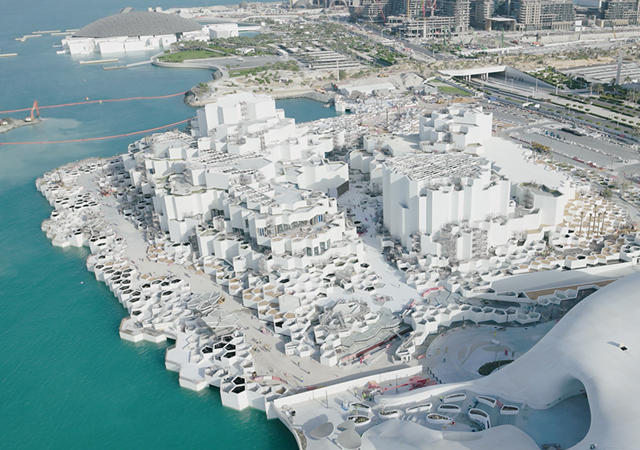
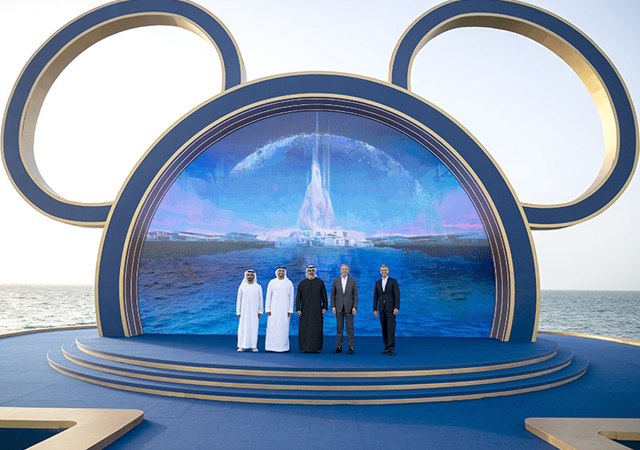
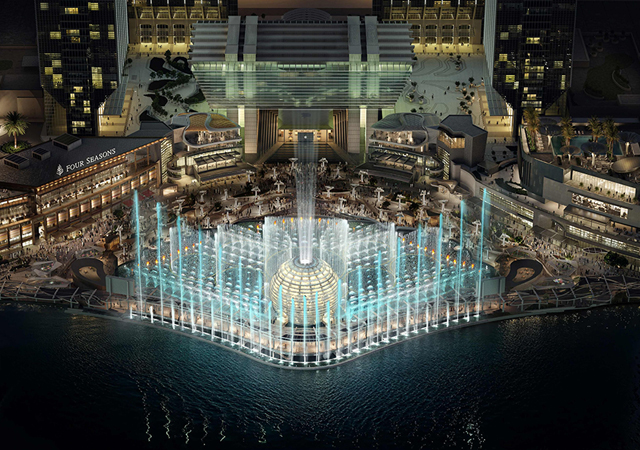
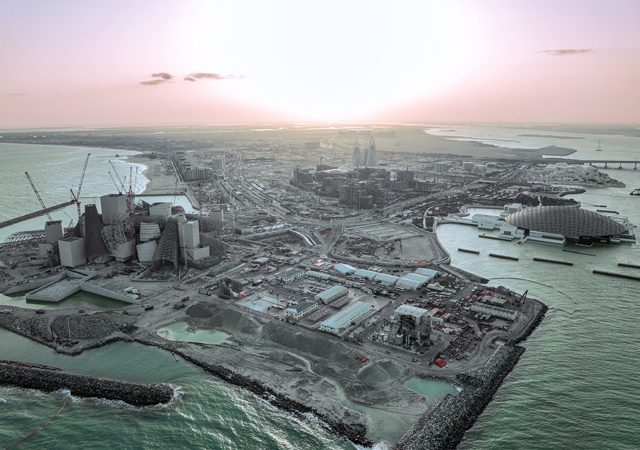
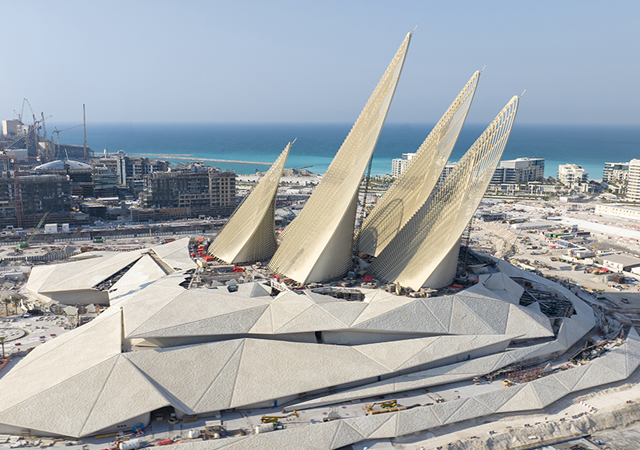
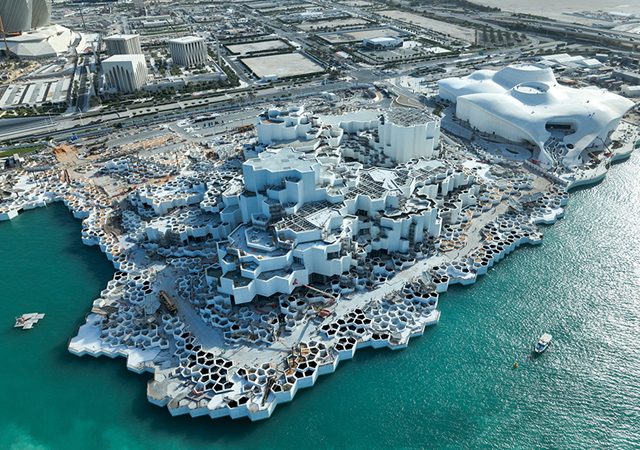
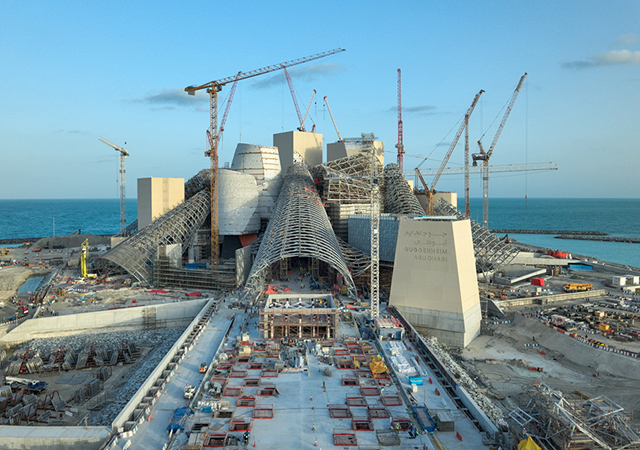
.jpg)
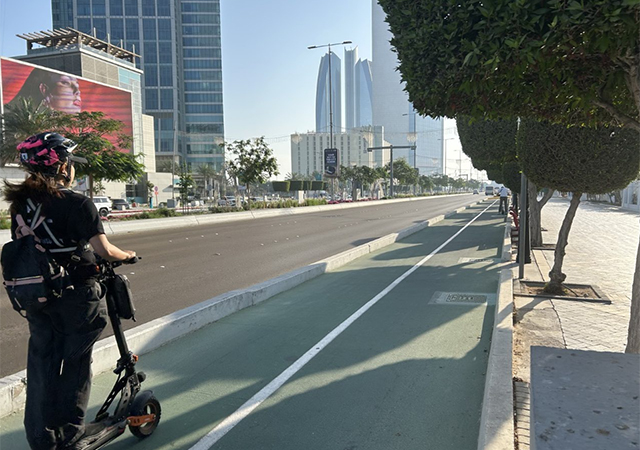
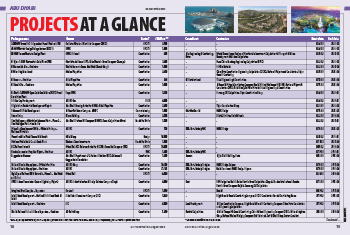

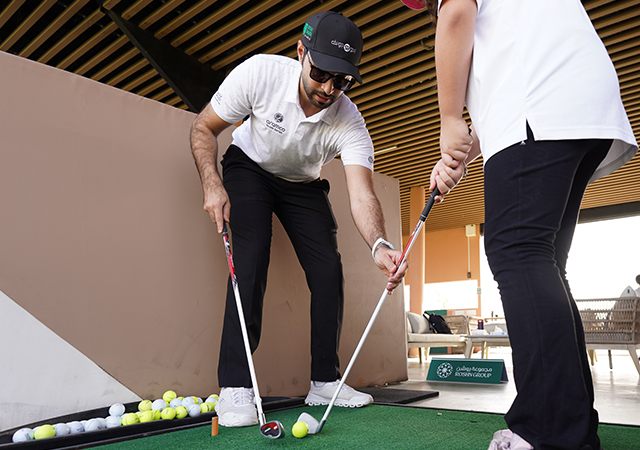
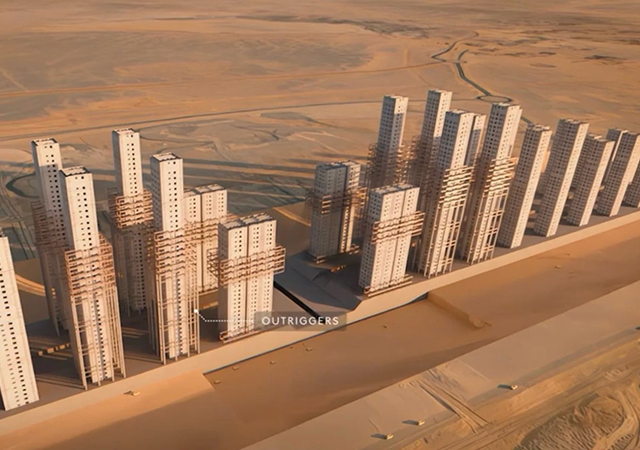
.jpg)
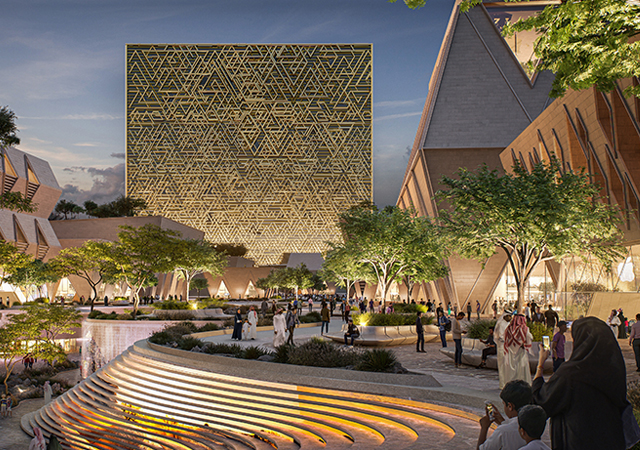
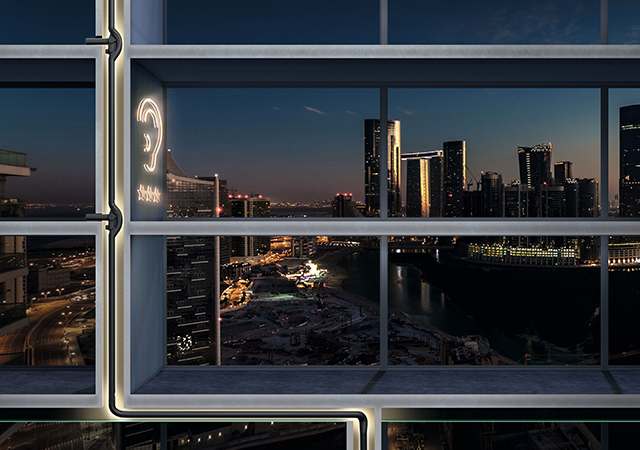
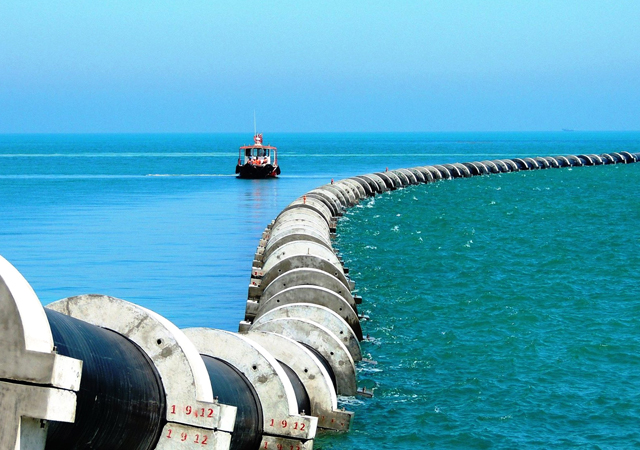



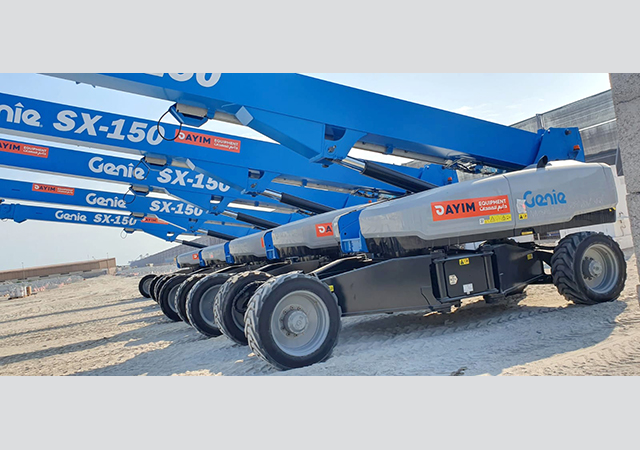
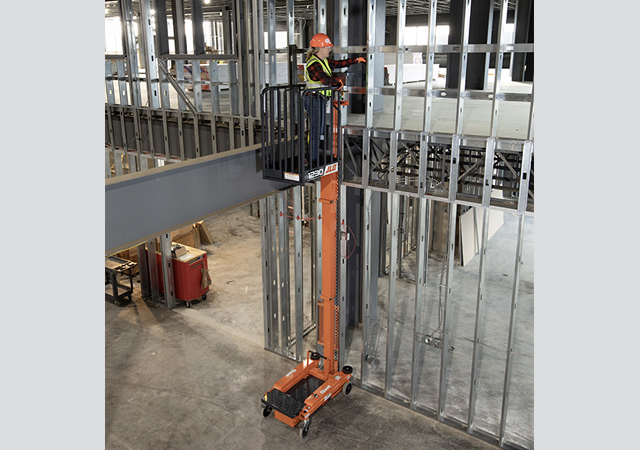
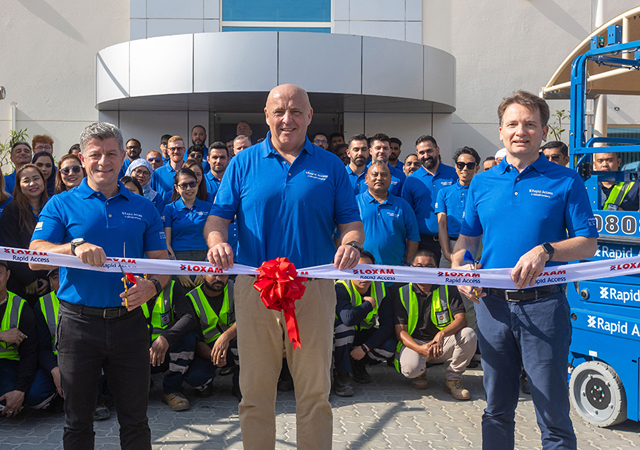
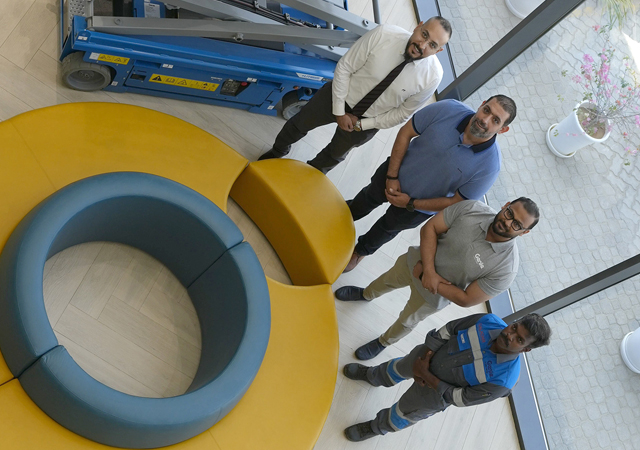
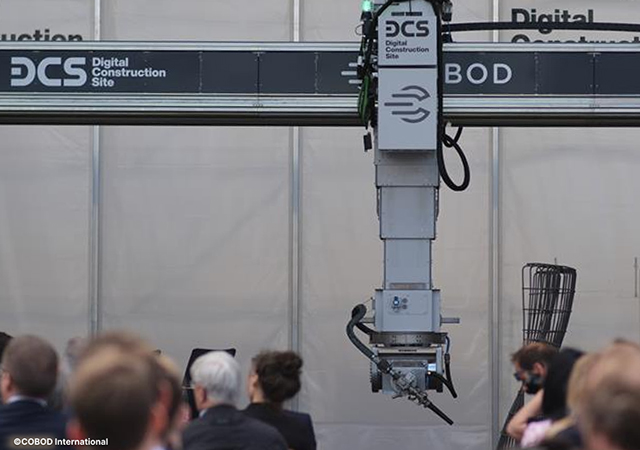
Doka (2).jpg)



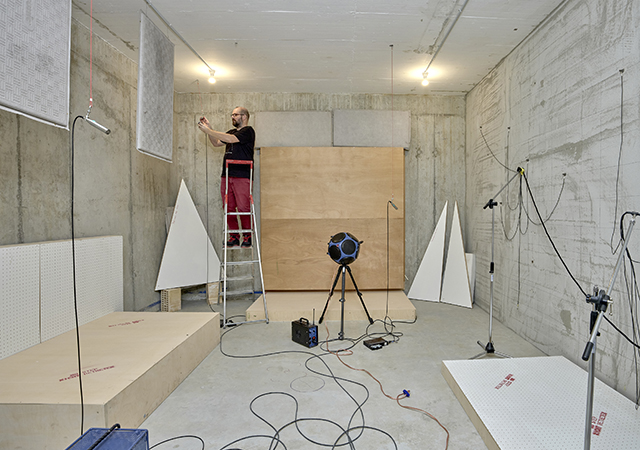
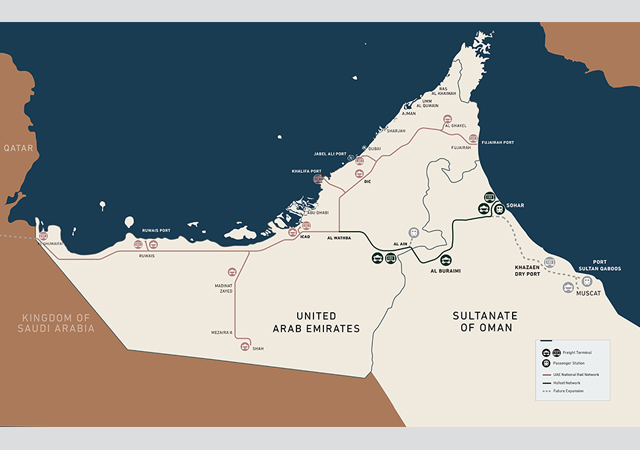

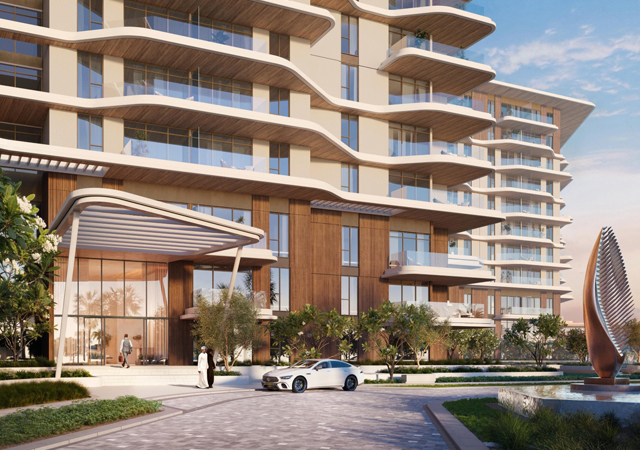

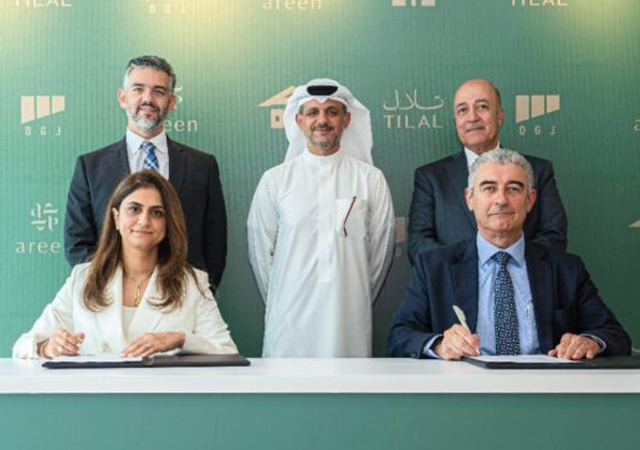
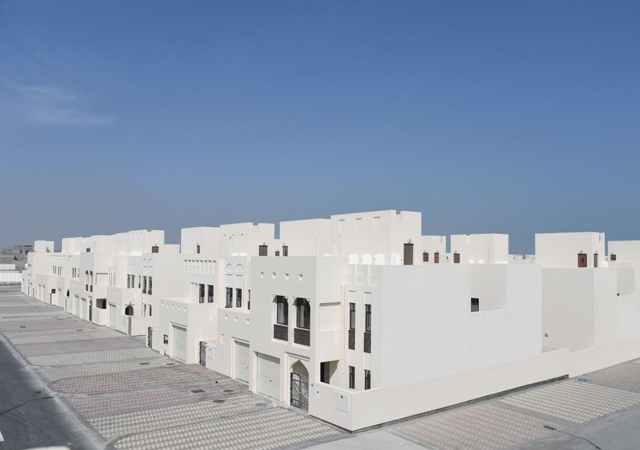
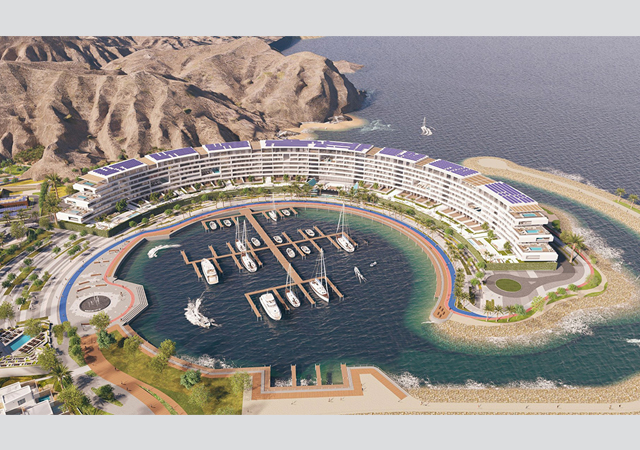
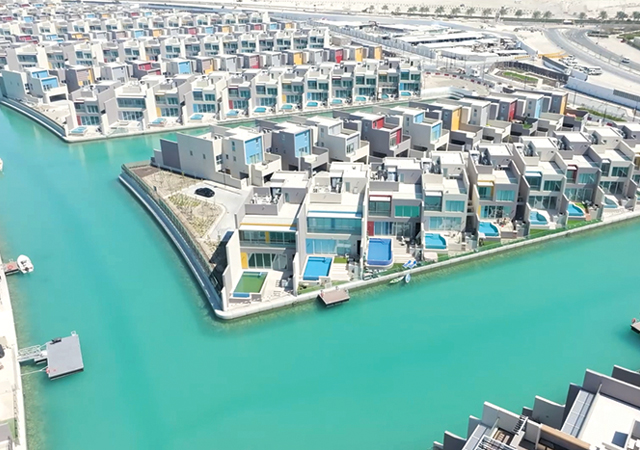
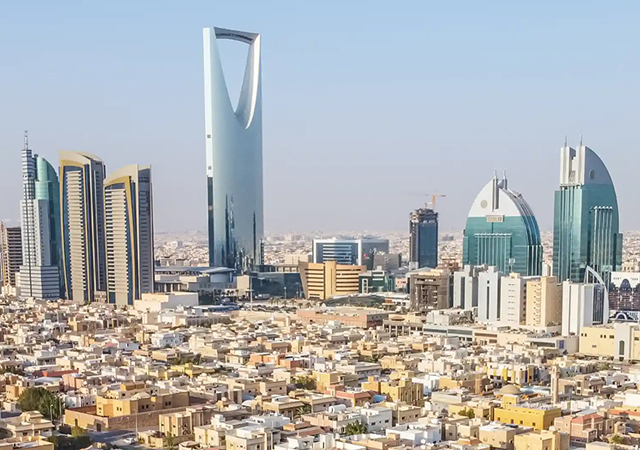


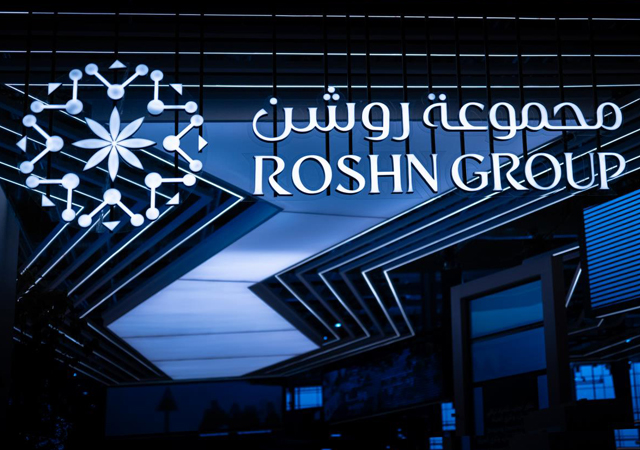
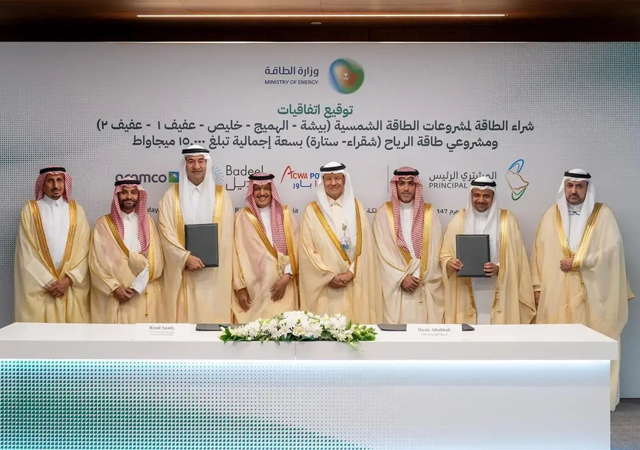
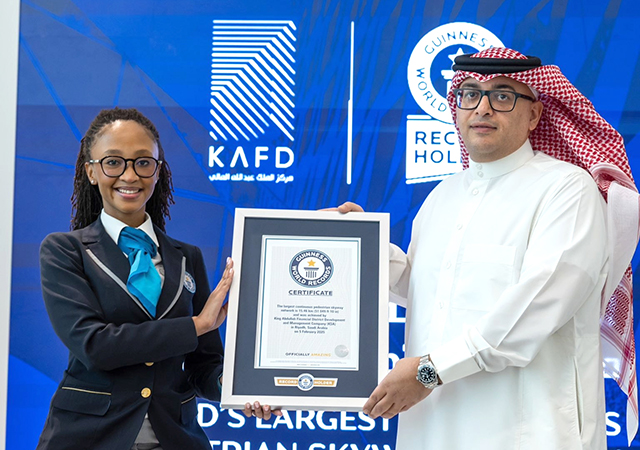
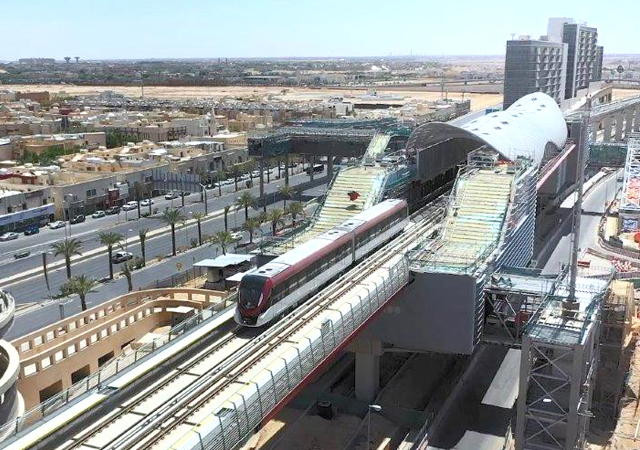
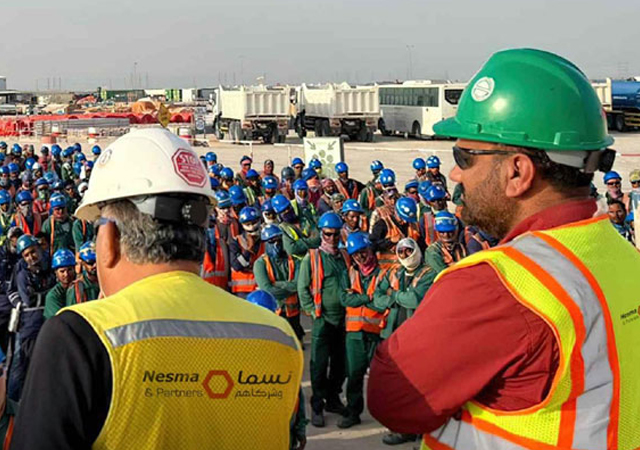
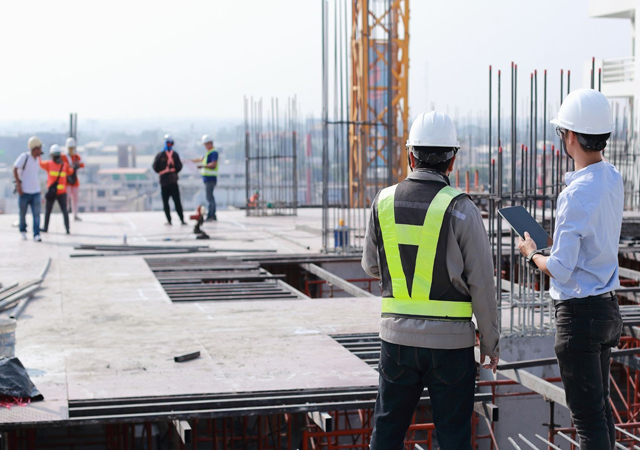
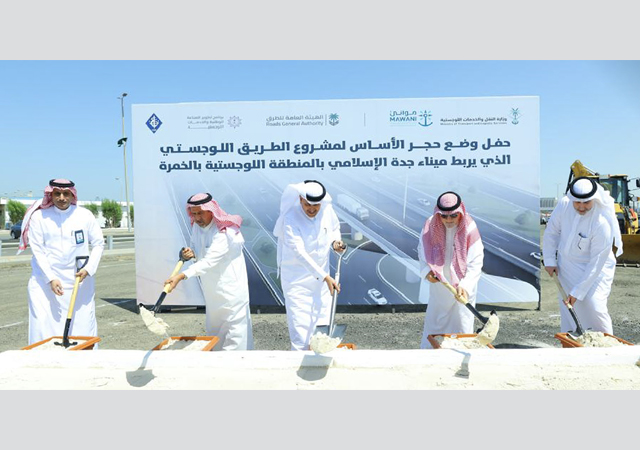



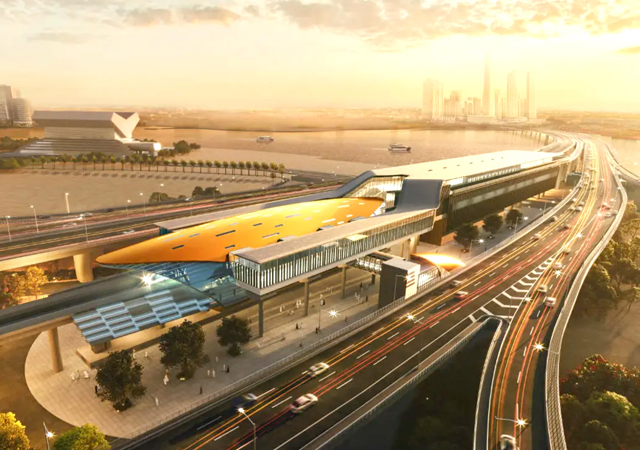
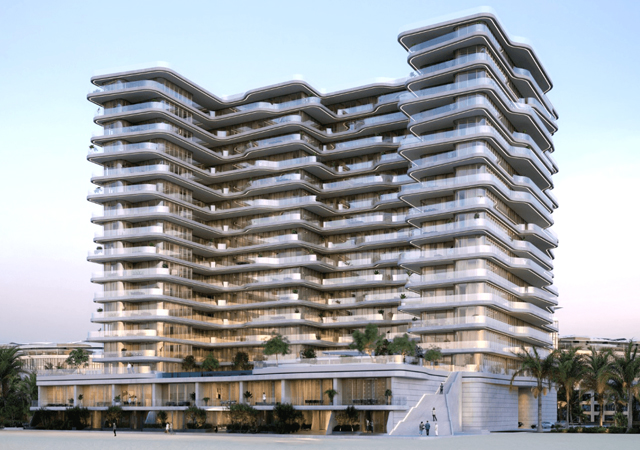
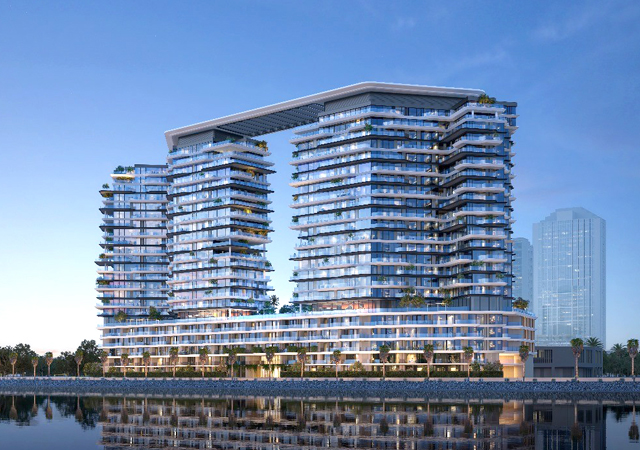
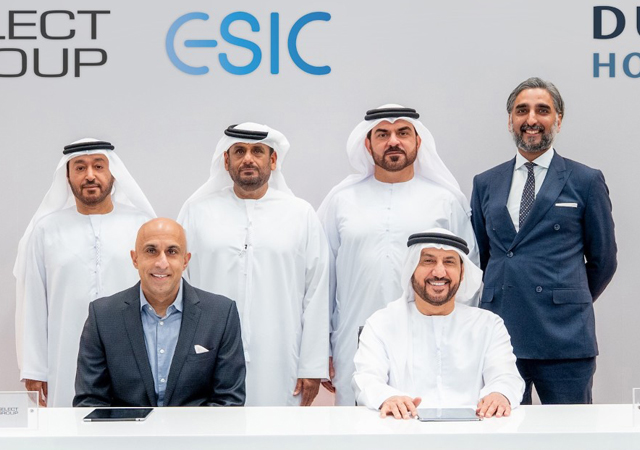
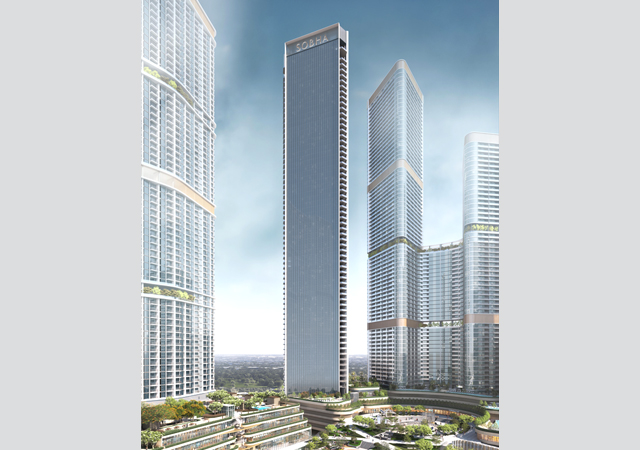
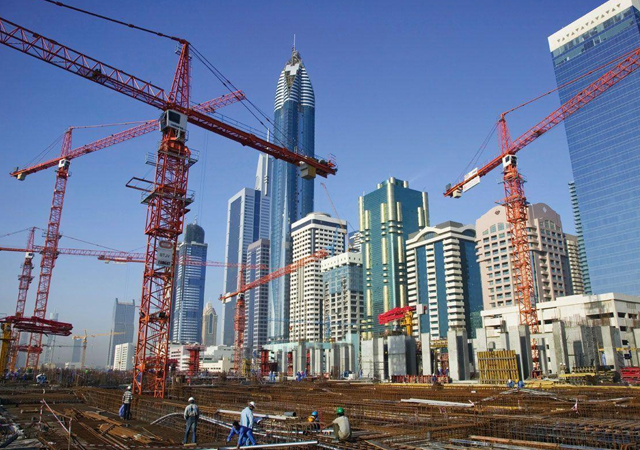
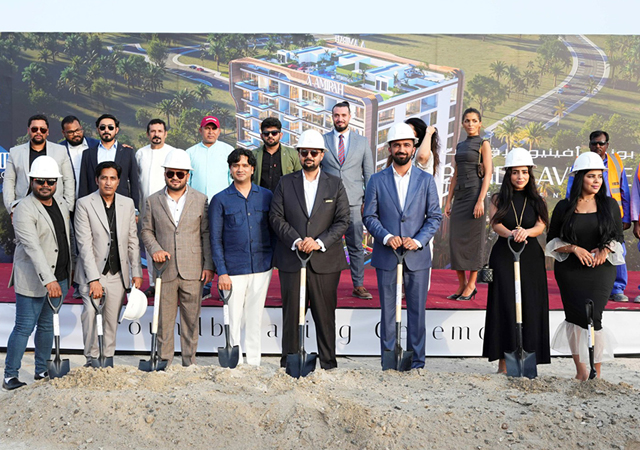


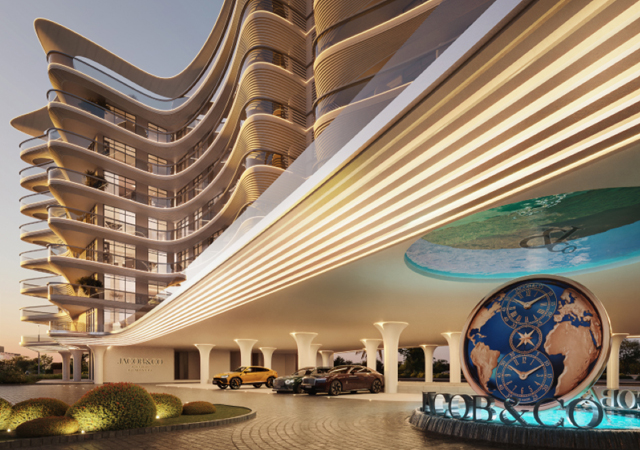
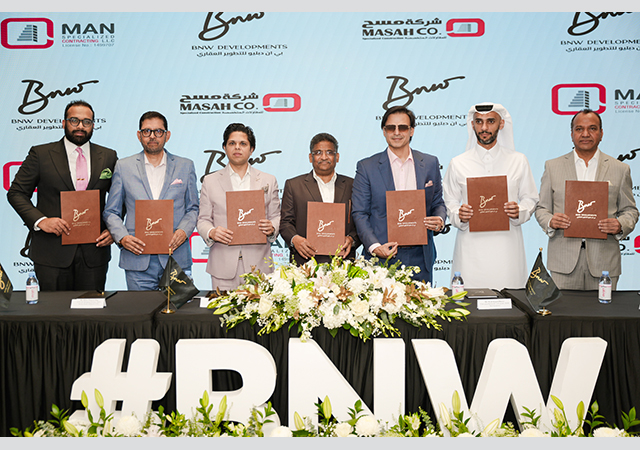

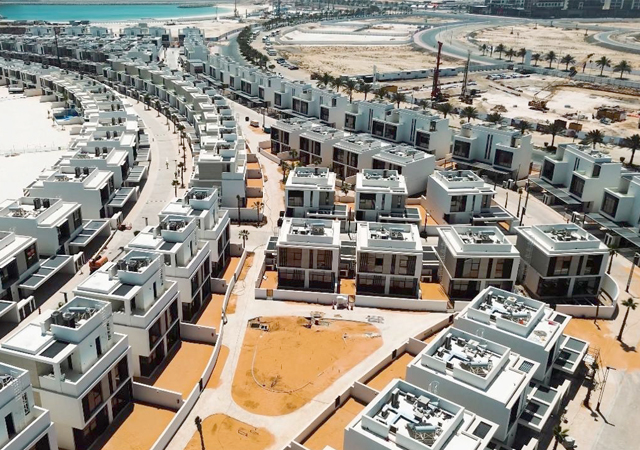
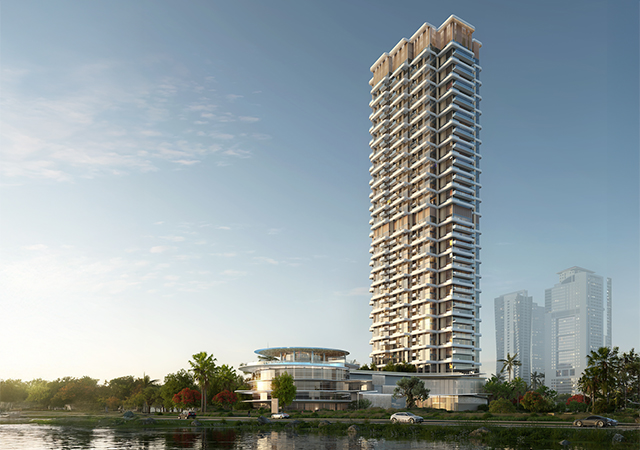

.jpg)
.jpg)
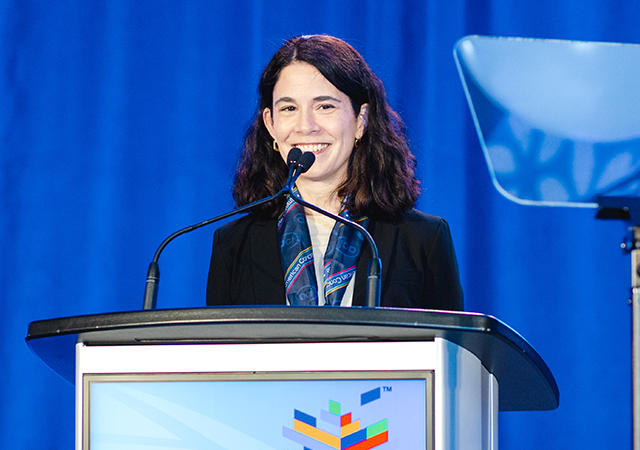
.jpg)
